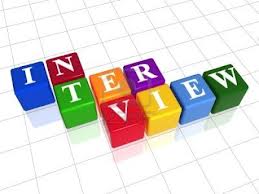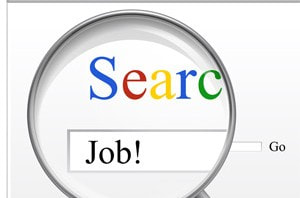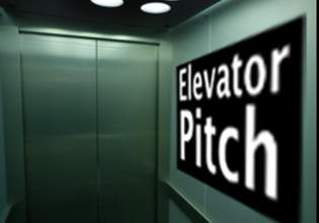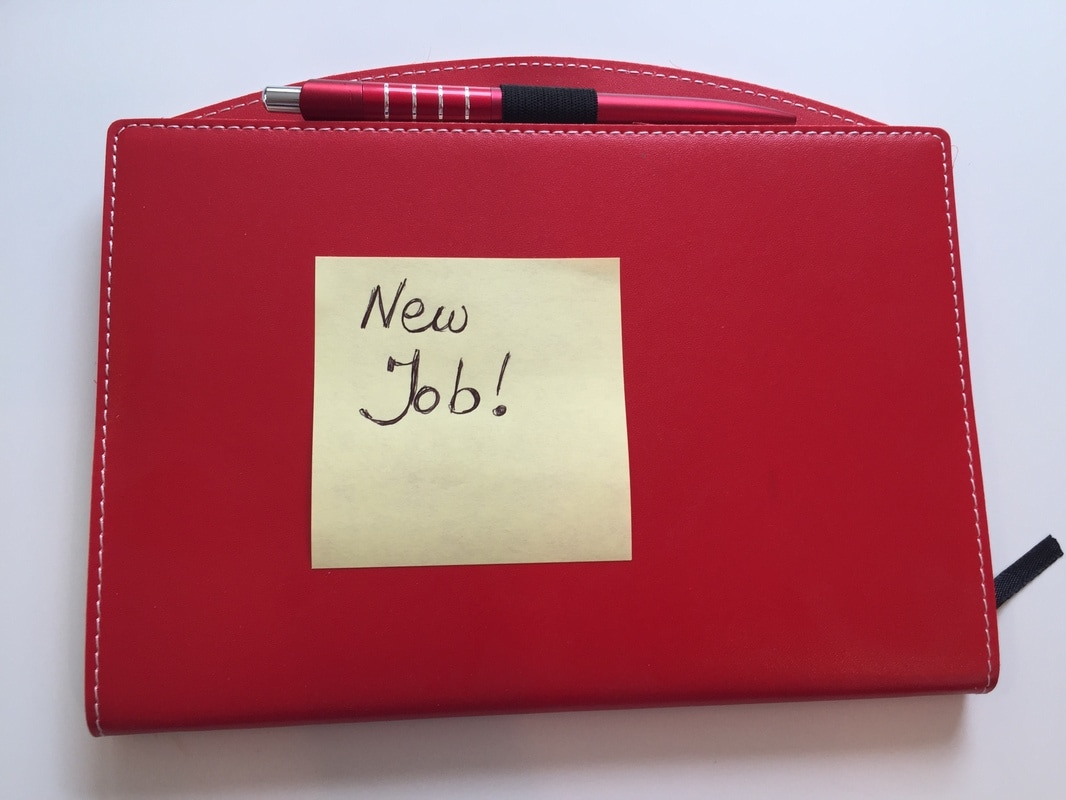
Unfortunately, job seekers frequently fail to spend the time making sure their resumes are optimized for best results. Even more than that, they make regrettable mistakes that cost them the opportunity to progress in the job search process.
In my years as a career coach, I have seen hundreds of resumes and have identified the 5 most common mistakes that a job seeker needs to take care to avoid.
1. Resume Is Longer Than 2 Pages
The hard 1-page resume rule is now a thing of the past, having given way to an acceptable length of 2 pages. If you have at least 5 years of experience under your belt, you no longer have to cram the details of each job on one page, stretching those margins until the words begin to run off the page. Phew.
2 pages give much more wiggle room to include all of the necessary information. Still, almost half of the time, I will see resumes that exceed the suggested 2-page maximum. Most times, the applicants are mid-level professionals that could comfortably fit all of the relevant details to 2 pages but choose to include unnecessary information that is irrelevant to the requirements of the position.
If you are wondering whether to include certain details or not, a good rule of thumb is to read over the description of the position you are applying to and pick out top requirements in the experience preferred section. Then, match your background and experience to those requirements, using key words and including select bullets that best describe your relevant experience. Take out any information that does not showcase your relevant skills.
2. The Summary Section is Missing
You’ve drafted a copy of your resume, congratulations. You’ve included your Experience, Education, and Additional Qualifications and you are about to write an Objective Statement.
Stop.
Just like the 1-page rule, the Objective Statement has gone to the graveyard. Instead, you will want to include a summary of your skills and your value proposition. After all, the employer’s main concern when they read through a stack of resumes is to identify a candidate that is the best fit and who can hit the ground running from the start. Having a summary of your skills up front gives them a quick snapshot of what you can do for the company and what you’ll add to the team. Want to stand out from the crowd? Focus on what value you bring to them, not the objectives you’ve set for yourself.
3. Resume Includes Personal Information
Your resume tells the story of your professional experience. It gives a hiring manager a glance into your professional life and it, hopefully, shows you as a desirable candidate that fits the criteria the employer is looking to fill.
The criteria set by the employer must be blind to personal considerations, particularly protected classes under federal law, such as race, color, religion, national origin, sex, age, veteran status or disability.
Including personal information on your resume is not only unnecessary but not advisable, as it opens you up to potential discrimination. Surprisingly, I continue to see resumes that include pictures and personal information about the applicant such as age, sex, race and nationality.
Want to be given the same consideration as everyone else? Do yourself a favor and take any personal information off your resume.
4. The Style is Too Creative
I have seen blue resumes, resumes with graphics and funky fonts, and resumes that include visuals instead of the description of the applicant’s hobbies.
They have been fun to read but they have not made the kind of impression I think the job seeker was hoping to make. It’s true that creativity is a prized attribute in a job applicant. Your ability to come up with creative solutions to your employer’s problems will always be in high demand and you are well served to highlight those talents.
That said, formatting a resume with a creative slant may tell the employer a different story. Why risk your chances when it is a known fact that the majority of hiring managers prefer a traditional resume format?
Unless you are a graphic designer, in the world of job searching where you don’t know who is looking over your resume on the other end, it’s best to take the risk-averse path. After all, you can always showcase your creative strengths down the road by sending in a portfolio of work, or highlighting your achievements during the interview.
5. Resume Has Grammatical Errors and Typos
Last but not least, perhaps the most common mistake is having typos and grammatical errors in the text of your resume. Even one resume typo can decide your fate between being chosen for an interview or not.
No pressure!
The good news, though, is that this is typically the easiest problem to correct. Just make sure to read over the resume at least a couple of times, focusing specifically on the grammar and spelling. And when that is done, ask a trusted friend or a mentor to do the same. A fresh set of eyes is always best to catch those tough to spot inconsistencies and errors.
Finished? Then take a deep breath and congratulate yourself for a job well done. Creating a well-written resume is the important job you have to do before your real job starts calling. And with a great resume, it won’t be long until you get that call!














 RSS Feed
RSS Feed